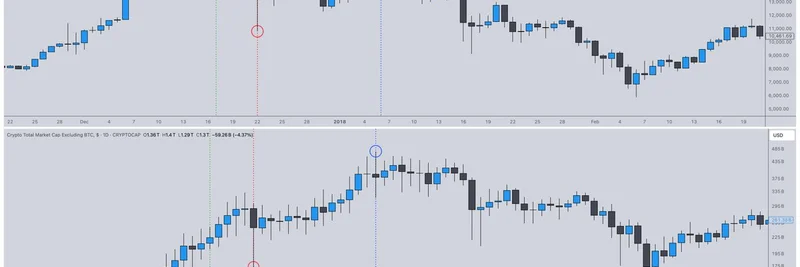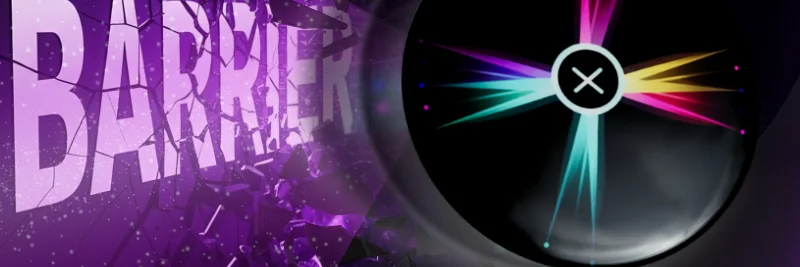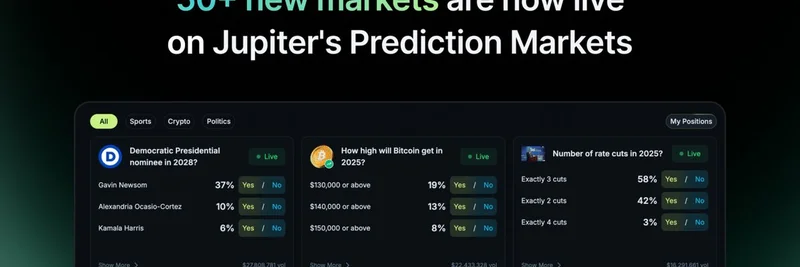If you've been following the wild world of meme tokens, you've probably heard about the Pinkfong drama that unfolded at Korea Blockchain Week (KBW) in 2025. Pinkfong, the iconic character from the viral Baby Shark phenomenon, got tokenized on the blockchain, but things went south fast. In a recent clip from The Rollup podcast, Red, the founder of IP.World, spills the beans on what really went down.
IP.World is a platform built on Story Protocol, designed for creating meme coins backed by intellectual property (IP). It's like a hub where degens (that's crypto slang for degenerate gamblers, aka enthusiastic traders) can launch tokens tied to popular trends, personalities, or brands. The idea is to bring real-world IPs on-chain in a transparent way.
According to Red, the Pinkfong token launch seemed legit at first. It was handled by a long-term licensee and affiliate of The Pinkfong Company, with direct endorsement from one of the co-founders. They even showcased it live at the Origin Summit during KBW, making it look like an official green light. The token, $PINKFONG, exploded with over $15 million in trading volume in just six hours and hit a peak market cap of around $200 million.
But here's where it gets messy. Shortly after, The Pinkfong Company stepped in, denying any authorization. They sent an official letter to IP.World, clarifying that the licensee didn't have the rights to tokenize the IP. This led to a massive sell-off, and the token plummeted over 90%, dropping from about 35 cents to under 0.064 cents.
Red compares it to if Disney hyped a Mickey Mouse token at a big event, only to pull back due to internal licensing hiccups. In his breakdown, he admits IP.World's verification process had flaws. They had a signed term sheet and approval from the co-founder, but didn't dig deep enough into potential internal issues. "Our mistake was not doing even more due diligence," Red says, taking full ownership.
To prevent future fiascos, IP.World is revamping their system. They'll block major top-down IP launches until all checks are cleared, including a cooling-off period post-launch for any disputes to surface. This incident highlights the risks in the meme token space, where hype can build fast, but so can the rug pulls—intentional or not.
There's also some confusion with another project, Baby Shark Universe (BSU), which is a separate licensee for the Baby Shark IP. Red points out that BSU's statements don't represent Pinkfong's official stance, as they're dealing with different aspects of the brand.
Despite the setback, Red remains optimistic. The platform saw massive exposure, and he's excited about evolving the space. For meme token enthusiasts, this is a reminder to always DYOR (do your own research) and understand the licensing behind IP-backed coins.
If you're into meme tokens or blockchain IPs, keep an eye on IP.World and similar platforms. Stories like this show how the intersection of entertainment and crypto is full of potential—and pitfalls. What do you think—will we see more official IP tokens soon, or is this a cautionary tale?



